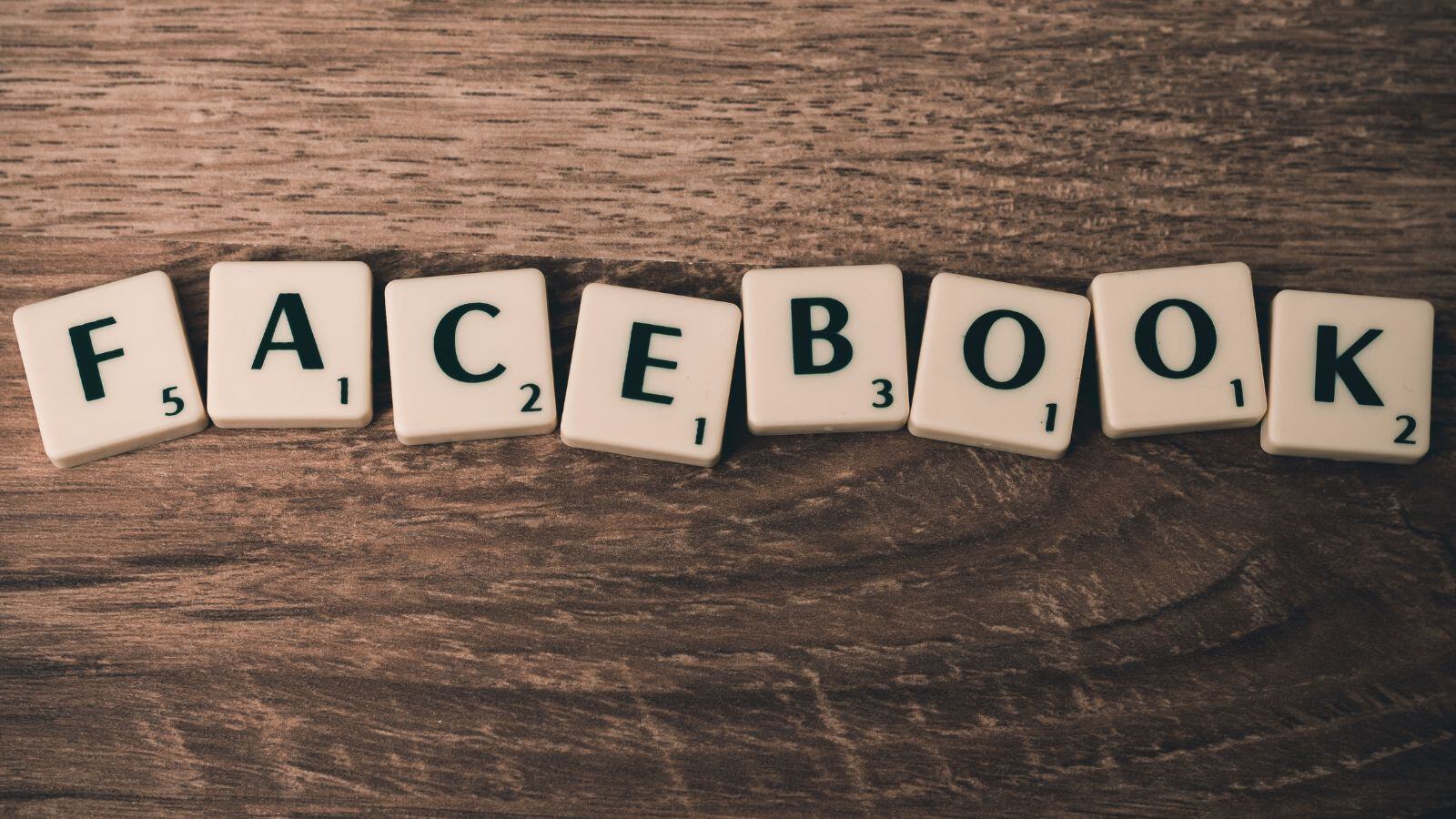The Rise of Augmented Reality in Marketing
Augmented Reality (AR) is no longer just a futuristic concept—it’s here, and it’s revolutionizing the way businesses market their products and...
4 min read
Daybreak Digital Marketing : Sep 3, 2024 8:00:00 AM
In today's digital age, social media platforms are not just channels for social interactions but are critical tools for business growth and customer engagement. However, the rise in digital presence also increases vulnerability to security threats. For small business owners juggling numerous responsibilities, securing social media accounts might not seem like a top priority—until a security breach occurs. To help you protect your business without overwhelming your schedule, here are some straightforward, "bite-sized" steps you can implement today to secure your social media presence.
The first and perhaps most crucial step in securing your social media accounts is enabling two-factor authentication. 2FA adds an additional layer of security by requiring not only a password and username but also something that only the user has on them, like a smartphone. Most social media platforms including Facebook, Twitter, and Instagram offer this feature. Enabling it is a simple process that can usually be found in the security settings of your account.
It might sound basic, but the importance of using strong, unique passwords cannot be overstated. Avoid simple passwords that are easy to guess, such as "password123" or "admin1." Instead, opt for a combination of letters, numbers, and symbols. Consider using a password manager to keep track of your passwords, especially since each password for every platform should be distinct to prevent a single breach from compromising all your accounts.
Keep your software, apps, and devices updated. Software updates often include patches for security vulnerabilities that have been discovered since the last update. Regular updates help protect your data from new threats. This includes the operating systems of your smartphones and computers, as well as the apps for each social media platform you use.
Phishing attacks, where scammers impersonate legitimate institutions to steal your personal information, are increasingly common and sophisticated. Always be cautious about emails or messages that request account details or direct you to a webpage asking for personal information. Verify the authenticity of such requests by contacting the company directly through official channels.
As a small business, you might delegate social media responsibilities to a team member. It's essential to limit access to your accounts only to personnel who need it. Additionally, use tools that allow team members to post content without giving them direct access to the account credentials. Platforms like Hootsuite or Buffer are great for this purpose.
Over time, you may have granted various apps and services access to your social media profiles for marketing or analytics purposes. It’s important to regularly review these permissions and revoke access to any service you no longer use or trust. This can typically be done in the settings menu of your social media accounts under a section labeled something like "Apps and sessions" or "Connected applications."
If you have employees or collaborators who help manage your social media, make sure they are aware of the importance of security and how to maintain it. Regular training sessions on recognizing phishing scams, choosing strong passwords, and securely managing account access can help safeguard your business.
Stay vigilant for any unusual activity on your accounts, such as unrecognized posts, messages, or follows. Many social media platforms offer tools to help you track where and when your account has been accessed. Use these tools to check for any activity that doesn't seem to align with your usage patterns.
Discovering that your social media account has been compromised can be alarming, but acting swiftly can minimize the damage and help regain control of your account. Here’s what you should do immediately if you suspect that your social media account has been hacked:
Securing your social media accounts doesn't require technical expertise, just a commitment to consistent, mindful actions. By implementing these simple steps, you can significantly enhance the security of your online presence, protecting both your business and your customers. Remember, the time you invest in these security measures not only helps prevent potential crises but also builds trust with your customers, showing that you value their safety as much as you value their business.
By taking action today to secure your social media accounts, you're taking a crucial step toward safeguarding your business's future. It's a practical, manageable task that you can start and implement independently, even with a tight schedule and budget. Your peace of mind is worth this small but significant investment in time.

Augmented Reality (AR) is no longer just a futuristic concept—it’s here, and it’s revolutionizing the way businesses market their products and...

Running a small business can feel like an uphill battle, especially when it comes to marketing. Limited budgets, fierce competition, and the constant...

In the digital age, building a strong community around your small business isn’t just a “nice-to-have”—it’s essential for growth and long-term...

If you're a small business owner looking to dip your toes into the expansive world of digital marketing, you've likely considered Facebook as a...

If you're reading this, you're probably on the hunt for ways to make your digital marketing efforts shine in 2024. You've come to the right place! In...

When it comes to digital marketing, selecting the right social media platforms for your business is not just a minor decision—it's a central part of...